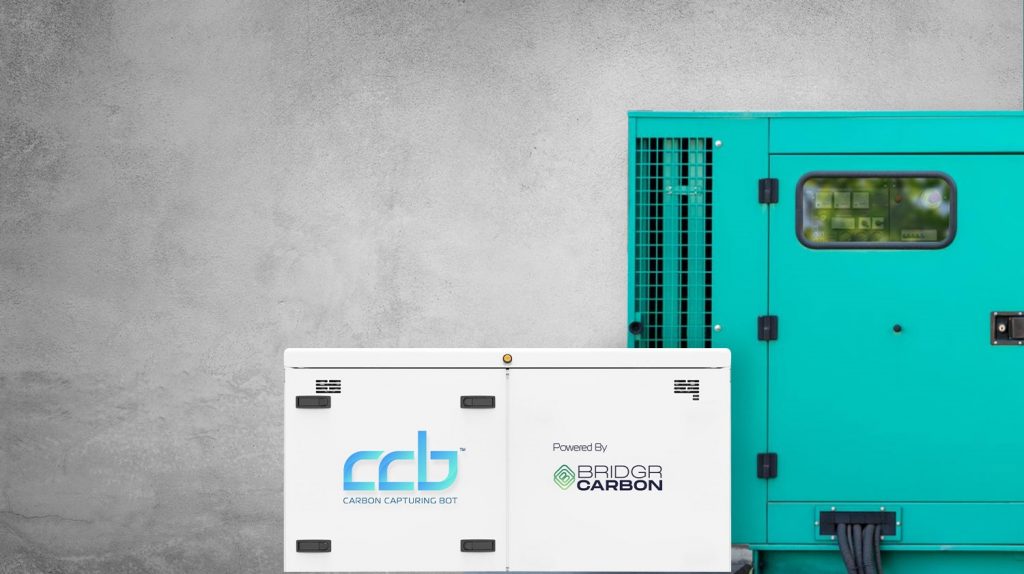
In a world increasingly conscious of environmental sustainability, the diesel sector finds itself at a crossroads. Long associated with high emissions and environmental concerns, it is now under immense pressure to decarbonize and pave the way for a greener future.
The Diesel Dilemma
Diesel has been a staple in various industries due to its efficiency and power, particularly in transportation and manufacturing. However, its high carbon footprint has drawn criticism and regulatory scrutiny. The combustion of diesel fuel releases carbon dioxide (CO2), a major contributor to global warming, along with harmful pollutants such as nitrogen oxides (NOx) and particulate matter. As the world grapples with climate change, finding ways to reduce diesel’s impact is paramount.

Decarbonization Strategies
The diesel sector is responding to this challenge with a multi-pronged approach:
1. Alternative Fuels
Biofuels, such as biodiesel and renewable diesel, are gaining traction. They can significantly reduce greenhouse gas emissions compared to traditional diesel.
2. Hybrid and Electric Technologies
Hybrid diesel-electric and fully electric vehicles are becoming more prevalent in the transportation sector, offering cleaner and more energy-efficient alternatives.
3. Efficiency Improvements
Engine advancements and fuel-efficient technologies are continually being developed to reduce fuel consumption and emissions.
4. Carbon Capture and Storage (CCS)
CCS technology can capture CO2 emissions from diesel power plants, mitigating their environmental impact.
5. Regulatory Compliance
Stricter emissions standards and regulations are driving innovation and forcing companies to adopt cleaner technologies.
The Road Ahead
Decarbonizing the diesel sector is a complex and ongoing process. It involves not only technological advancements but also changes in consumer behavior and government policies. Industry players must collaborate to accelerate the transition to cleaner alternatives.
While the journey to decarbonization in the diesel sector is challenging, it is essential for a sustainable future. The sector’s commitment to reducing its carbon footprint is a promising sign, and with continued efforts, it can become a greener and more environmentally responsible contributor to our global economy. As consumers, we can also play a part by supporting eco-friendly choices in our daily lives and advocating for cleaner transportation options.
In conclusion, decarbonization in the diesel sector is a critical step towards a greener and more sustainable world. By embracing alternative fuels, advancing technology, and adhering to stringent regulations, the diesel industry can drive positive change and set an example for other sectors to follow in the quest to combat climate change.


